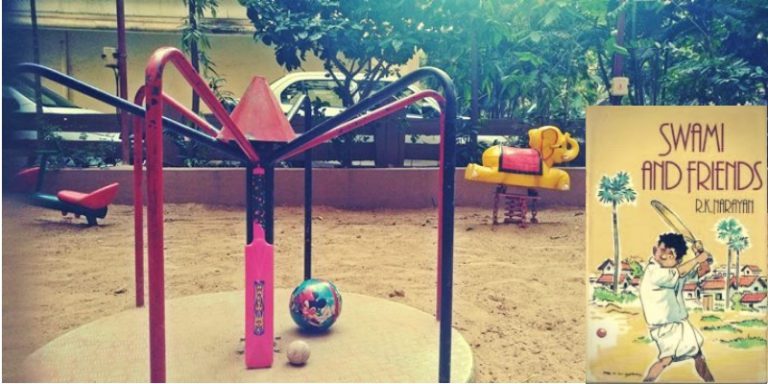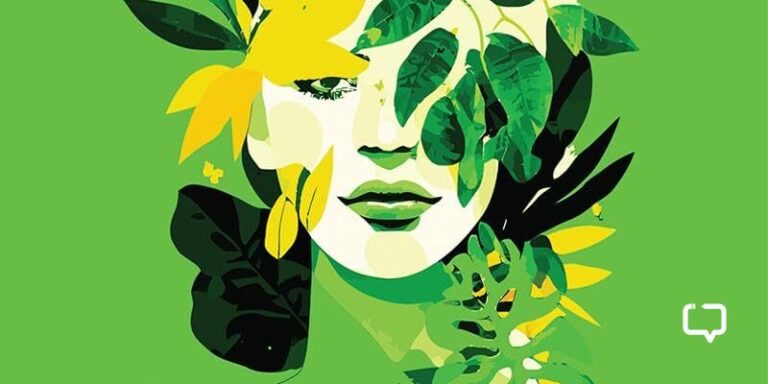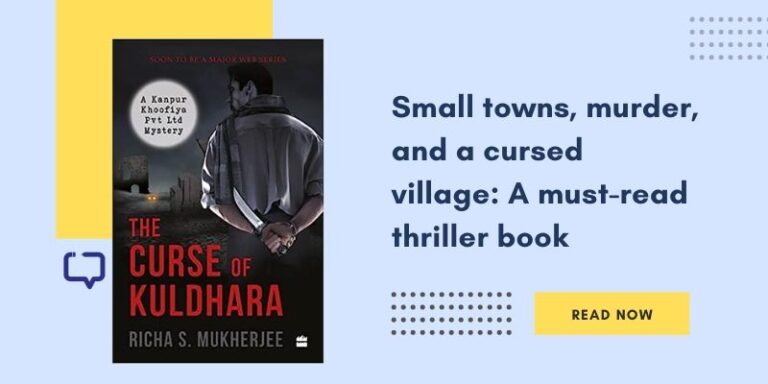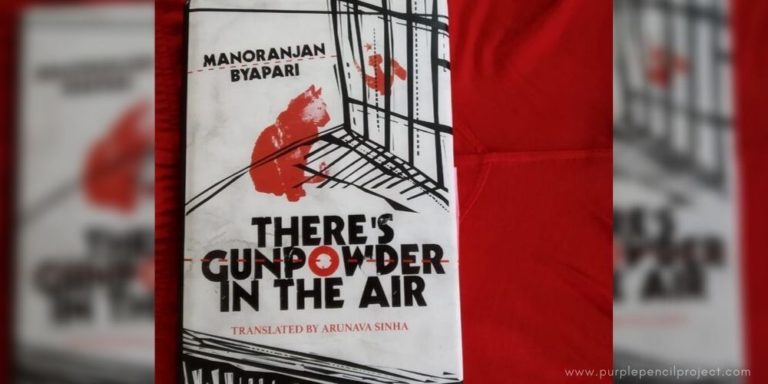In his preface to the Greatest Odia Stories Ever Told, K.K Mohapatra humbly admits, “It is impossible to convey the richness and variety of a century-old tradition of short story writing within the compass of a single anthology, let alone select the greatest stories ever told.”
But as a reader, I can testify to the fact that as far as translated works go, the translators have attempted to maintain the authenticity and the flavour of life at the time when the stories were first written. The anthology is made up of 24 carefully curated stories, representative of some of the finest works of Odia literature.
These 24 stories are an eclectic mix of tales that span across genres of romance, fantasy and, politics. They encompass the complexities and simplicities native to folk tales, that were a big part of the ora
Flavours of India
Each tale in the Greatest Odia Stories Ever Told captures the essence of rural India, both colonial and early post-independence. In Mohapatra Nilamoni Sahoo’s Modern India, we are transported to the Gandhian era, the days of Satyagraha through the eyes of a curious, young village chap. Similarly, in A River Called Democracy by Akhil Mohan Patnaik, the writer explores the growing pains of a newly independent nation, where one man’s struggle against perceived injustice is rewarded by a government that is plagued by corruption.
Superstitions are of tremendous importance in some parts of India and in stories like The Holy Banyan Tree and The Tale of The Snake Charmer, the writers Bamacharan Mitra and Chandrasekhar Rath respectively explore superstitions associated with ghosts that live in trees and snake charmers who turn into snakes under the cover of night.
Genre-hopping
As mentioned before, the anthology spans all genres of literature. There is the heart-breaking Rebati, the tale of a young girl, yearning for both love and education, who waits patiently for the man she has fallen in love with till her very last breath.
In Manoj Das‘s Mrs Crocodile, a young girl is dragged into a waterbody by a crocodile and mysteriously resurfaces ten years later, earning herself the nickname Mrs Crocodile and the curiosity of a young man and a British professor. And the retelling of her life weaves a tale of surrealism and fantasy.
Stories like Ghania Celebrates Ganesh Chaturthi carry a strong social message especially since it tackles a topic as sensitive as caste discrimination.
I most enjoyed reading Gopinath Mohanty‘s The Solution, in which an overworked employee unleashes his seemingly harmless pet goat on his office files. All the short stories featured in the anthology seem to traverse across a myriad of themes “from fantasy to reality, and bone-chilling horror to rib-tickling humor.”
The translators of the Greatest Odia Stories seem to have curated a set of stories that cover all the bases and are sure to entertain all readers. Each writer weaves together a tale of intrigue, with a vividity that will draw the readers in, and for their part, the translated versions have retained this essence and deserve due credit.
Final Verdict: A great work of translation that captures the soul of Odia culture through its literary tradition. The presence of multiple genres also guarantees that there’s something for everybody.
























2 Responses
A lovely review. Anthologies always make a great read for there is a small slice of everything in it. Definitely sounds like an eclectic bunch of tales, hope to read this soon .